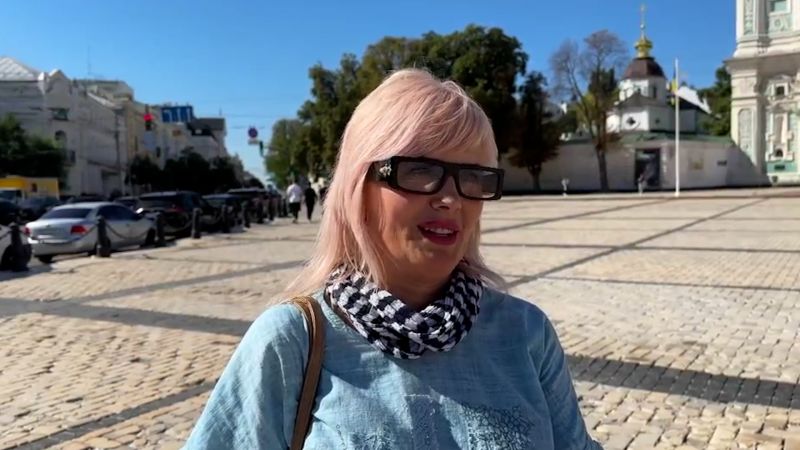Physical Address
304 North Cardinal St.
Dorchester Center, MA 02124
Physical Address
304 North Cardinal St.
Dorchester Center, MA 02124

The prospect of a meeting between Ukrainian President Volodymyr Zelenskyy and his Russian counterpart, Vladimir Putin, has been firmly rejected by Kyiv, following a recent surge in speculation surrounding potential negotiations. Zelenskyy’s categorical refusal, echoing sentiments expressed throughout Ukraine, underscores the deep-seated distrust and animosity toward the Russian leadership in the wake of the ongoing invasion. The statement, delivered implicitly and explicitly through various official channels, highlights the significant obstacles to any meaningful dialogue between the two nations.
**The Impasse: War Crimes and Unfulfilled Demands**
The primary stumbling block to any negotiation remains Russia’s ongoing military aggression and the alleged war crimes committed against Ukrainian civilians. Zelenskyy’s assertion that he would not shake hands with a “murderer” reflects the widespread perception in Ukraine that Putin bears ultimate responsibility for the immense suffering inflicted upon the nation. Beyond the moral repugnance, Ukrainian officials insist that any negotiation must be preceded by a complete withdrawal of Russian forces from all internationally recognized Ukrainian territory, including Crimea, annexed in 2014. This demand, repeatedly articulated by Zelenskyy and his government, is currently non-negotiable. Further fueling the rejection is Russia’s failure to fulfill previous commitments under the Minsk agreements, a peace process that ultimately proved fruitless. The lack of trust stemming from these broken agreements creates a significant barrier to any future diplomatic efforts.
**International Pressure and the Path Forward**
While some international actors have advocated for direct dialogue between Zelenskyy and Putin, hoping to de-escalate the conflict, Kyiv maintains that such a meeting would be premature and potentially counterproductive. The Ukrainian government argues that concessions at this stage would only embolden Russia and reward aggression. The focus, instead, remains on securing military aid from Western allies to continue the fight for territorial integrity and to ultimately force Russia to the negotiating table from a position of weakness. This strategy hinges on the continued provision of advanced weaponry, economic sanctions, and sustained international support. The prevailing sentiment in Ukraine is that any dialogue must be predicated on Russia’s demonstrable commitment to peace, not just empty promises.
**The Long Road to Peace: Beyond a Single Summit**
The rejection of a Putin-Zelenskyy summit doesn’t necessarily signal the end of diplomatic efforts, but it does highlight the immense chasm that separates the two sides. While direct talks remain unlikely in the near term, Ukraine continues to engage in diplomatic initiatives with other nations, seeking broader international support and pressure on Russia. The current situation underscores the complex nature of international conflict resolution, where trust, justice, and tangible progress are paramount. Any pathway to lasting peace will require a fundamental shift in Russia’s approach, a demonstrable commitment to international law, and a willingness to accept responsibility for its actions. Until that occurs, the prospect of a meaningful meeting between Zelenskyy and Putin remains firmly out of reach. The road to peace, it seems, is a long and arduous one, paved with much more than just a single summit.
Based on materials: CNN